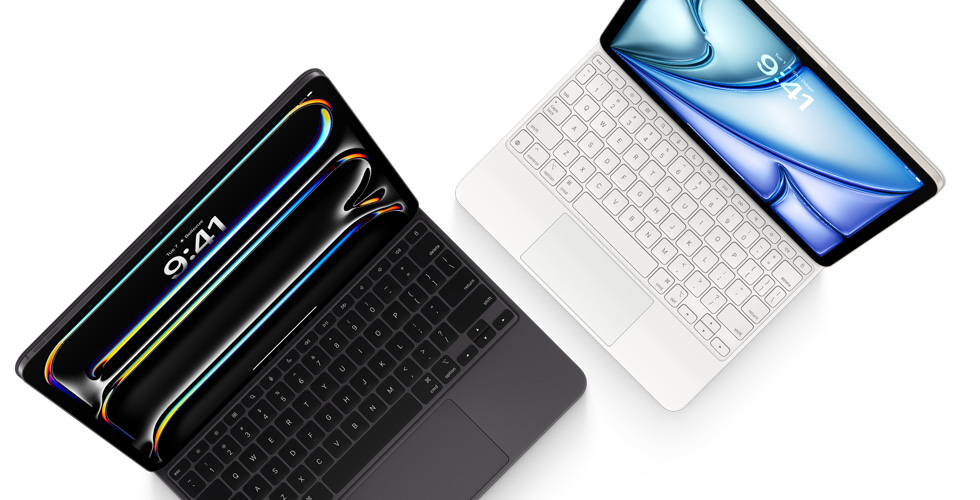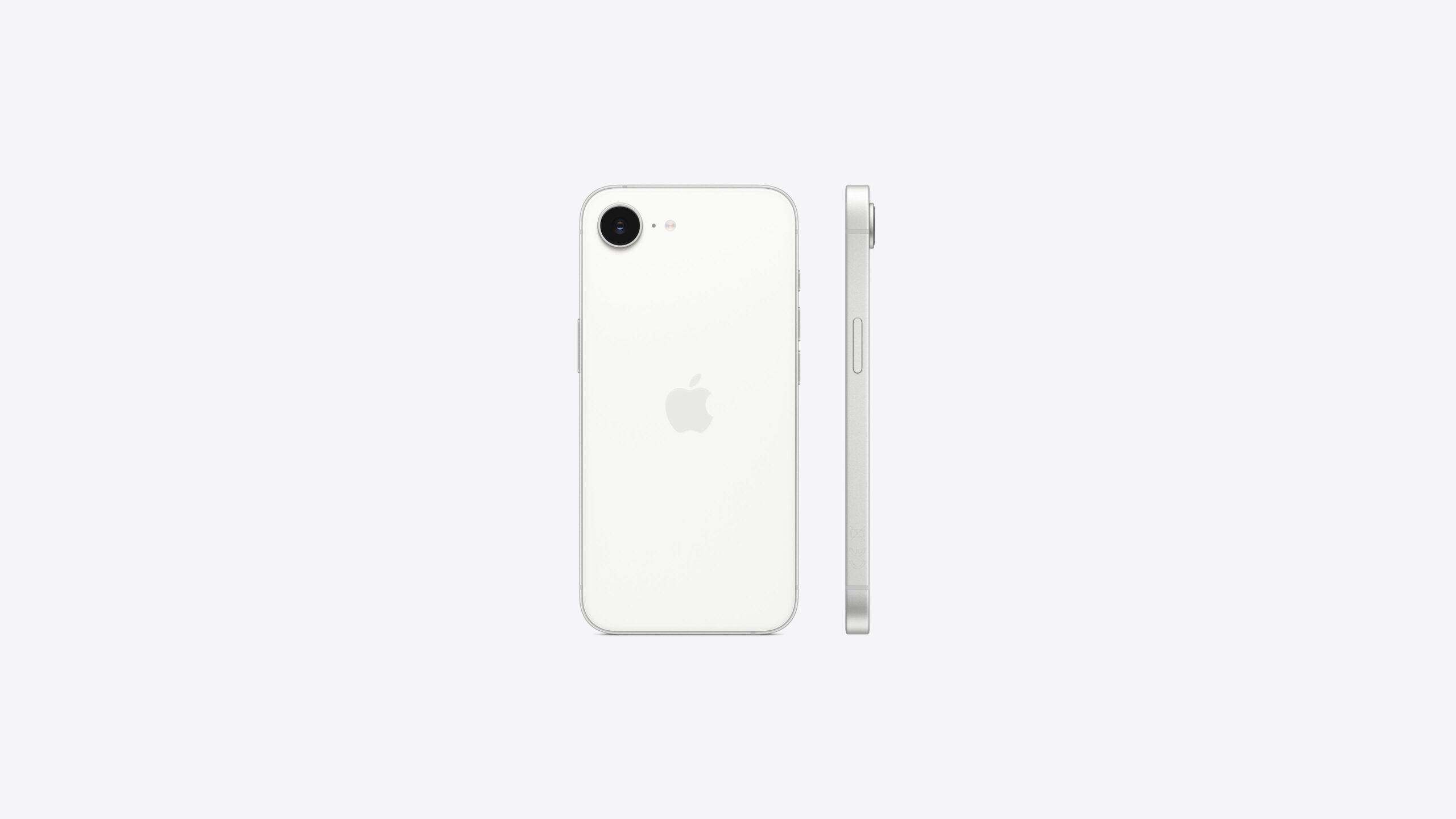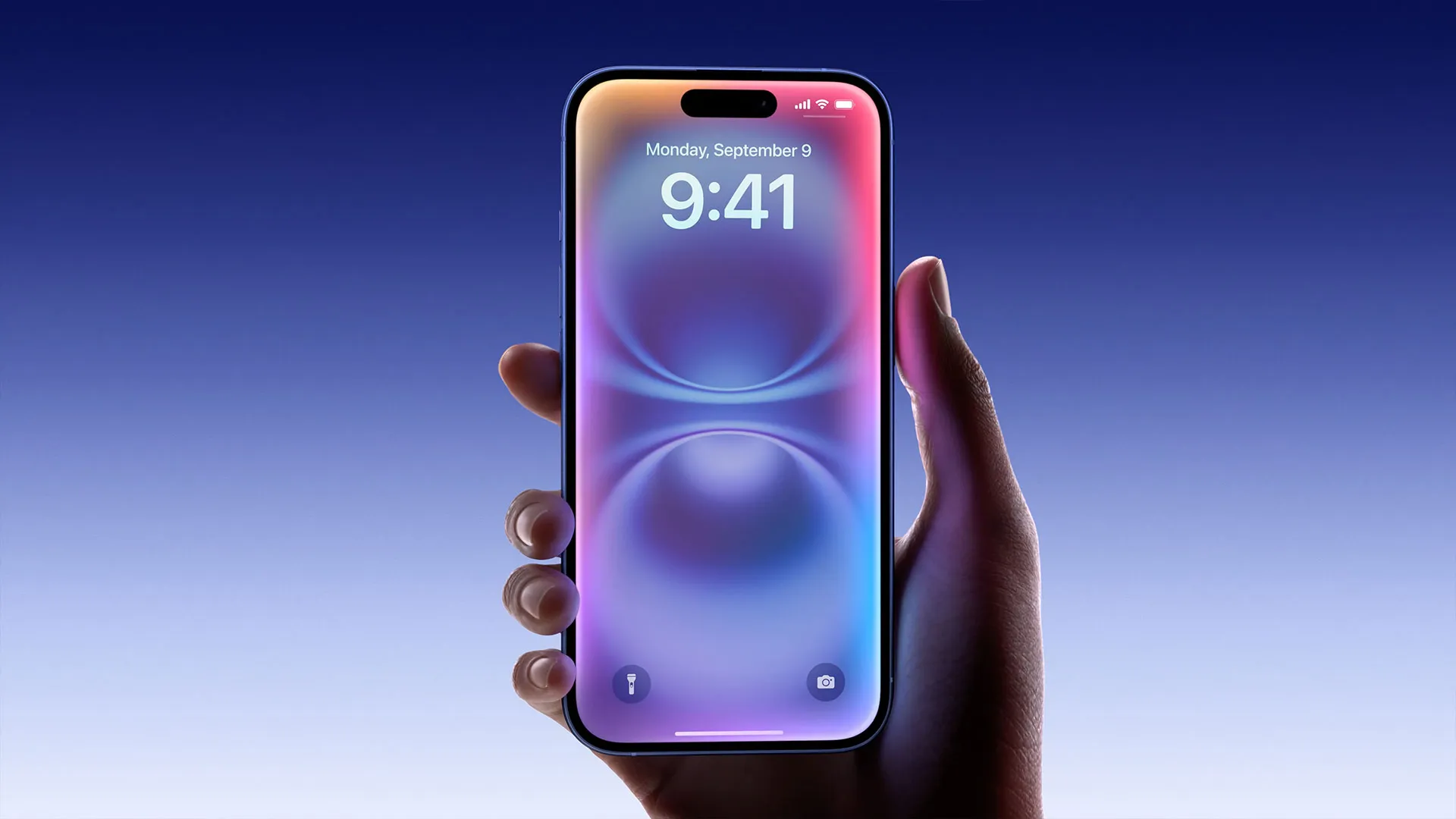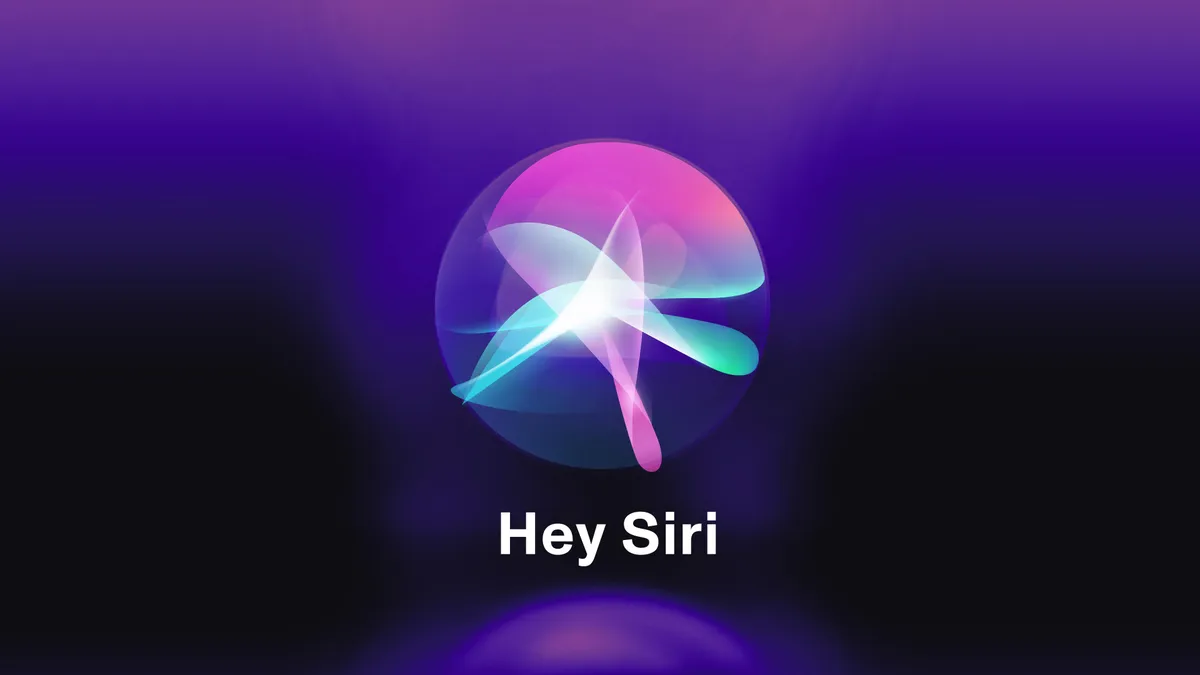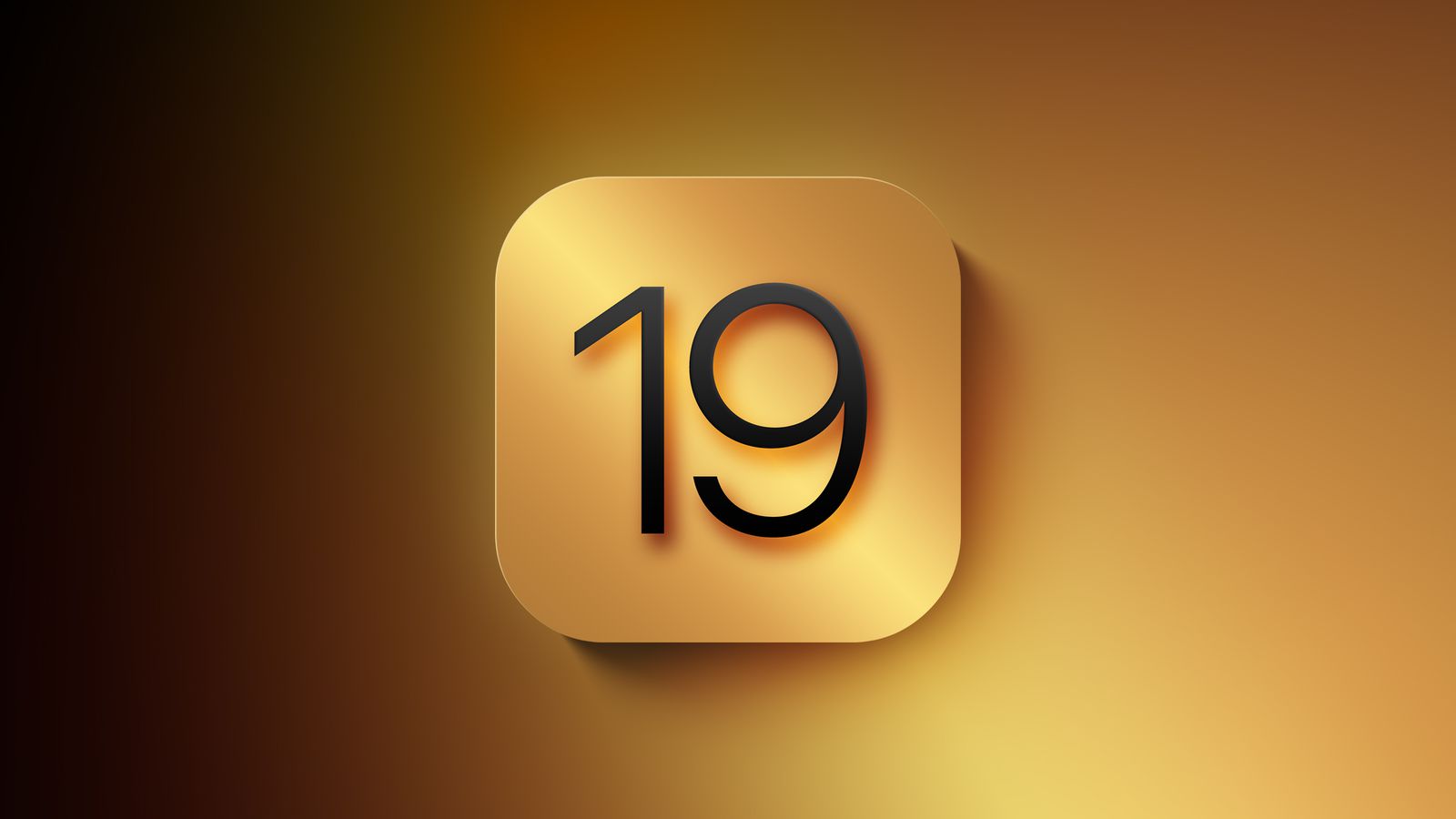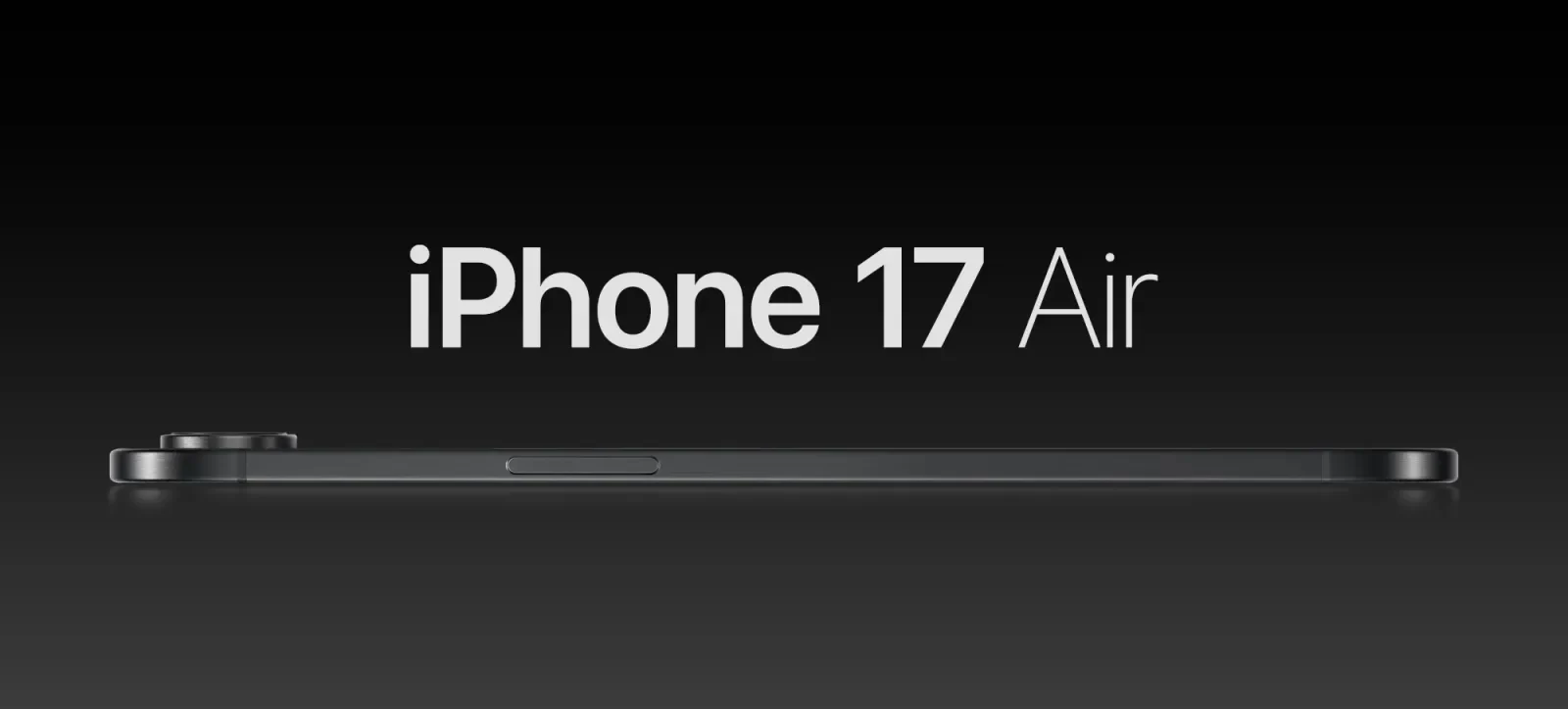Apple shared exciting news today: Assassin’s Creed Shadows will launch on Mac on Thursday, March 20. The game will drop at the same time for Mac, PlayStation 5, Windows PCs, and Xbox, so no one gets left behind.
Back in May 2024, Ubisoft revealed plans to bring this game to Mac, originally aiming for a November release. After a few delays, it’s finally set to arrive later this year. Fans can breathe easy knowing the wait is almost over.
This action-packed roleplaying game takes place in 16th-century Japan and follows the main Assassin’s Creed storyline, coming after Assassin’s Creed Mirage. It dives into the clash between the Assassin Brotherhood and the Templar Order. Players can step into the shoes of two characters: Fujibayashi Naoe, a sneaky shinobi, or Yasuke, a tough samurai.
Both characters bring something unique to the table. Naoe is all about staying hidden and moving quietly, while Yasuke shines in head-on fights. Each character has their skills, weapons, and growth paths, giving players different ways to enjoy the game.
The world is huge and open, packed with stunning sights like busy castle towns, lively ports, calm countryside, and quiet shrines. The weather and seasons change as you play, making every moment feel fresh. Marc-Alexis Côté, Ubisoft’s executive producer, called Assassin’s Creed Shadows his team’s “biggest adventure yet.” They’ve poured a lot into it.
To play on a Mac, you’ll need one with an Apple silicon chip. If you’ve got an M3 or M4 Mac, you’ll enjoy real-time ray tracing for extra-sharp visuals. Ubisoft is also bringing the game to iPads with M-series chips. Priced at $70, Assassin’s Creed Shadows is up for pre-order on the Mac App Store now, ahead of its March 20 debut. Get ready to explore Japan like never before!


